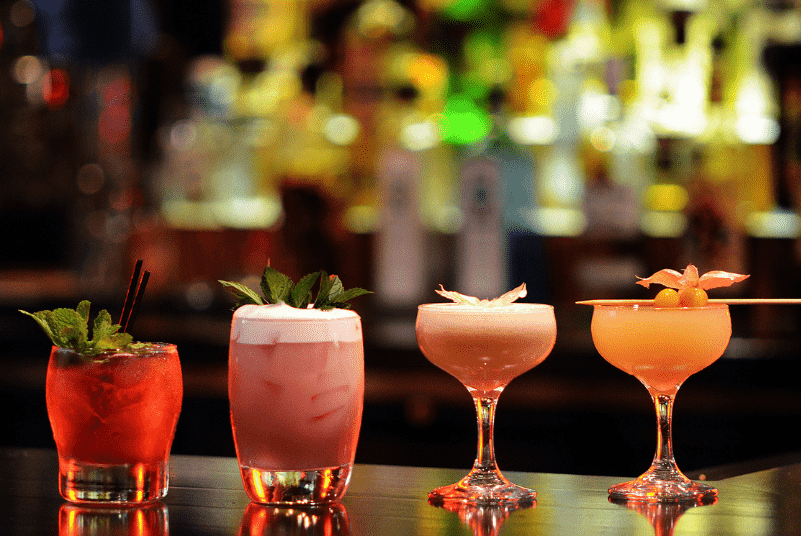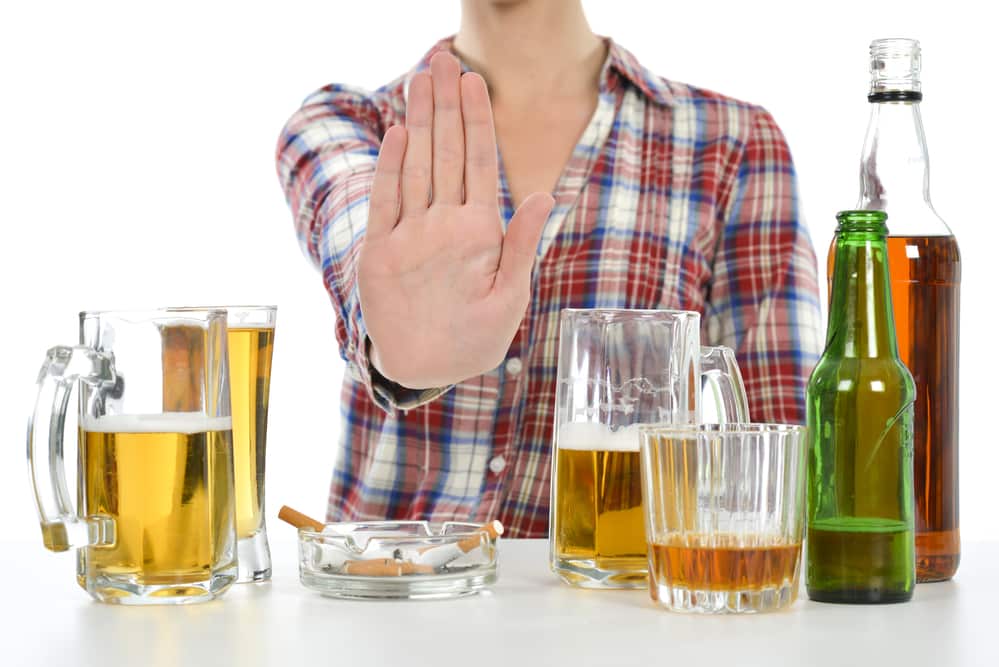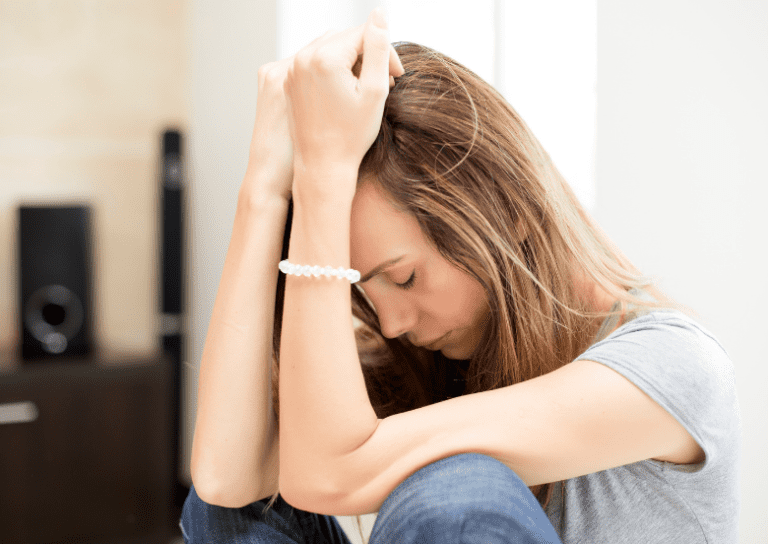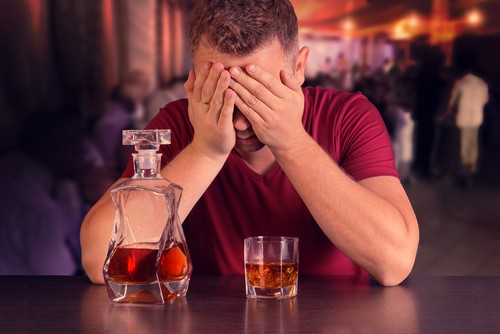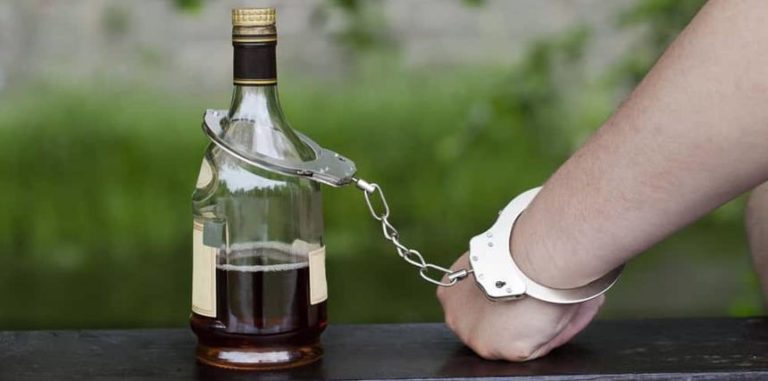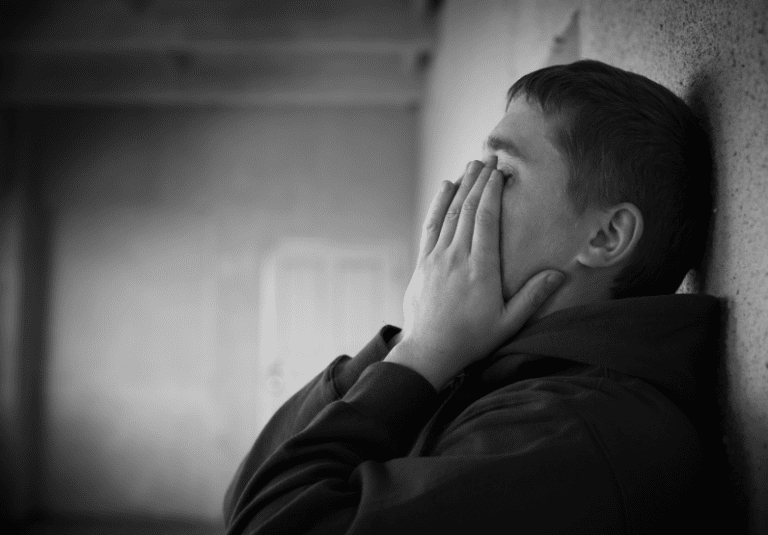The term “sober bar” may sound like an oxymoron– after all, bars are historically known for only one consistent thing, which is the presence of alcoholic beverages. But in recent years, the wellness trend of low-alcohol and no-alcohol beverages has sparked a new kind of social space in cities around the world: sober bars.
What Is A Sober Bar?
A “sober bar,” also referred to as dry bars, or alcohol-free bars, are exactly what they sound like: establishments that don’t serve alcoholic beverages. Typically, sober bars present a similar aesthetic and atmosphere to a bar, but instead of serving beer and liquor, they serve alcohol-free cocktails and alcohol-free beer.
When it comes to the actual drinks they serve, a trend in sober bars has been providing creative and thoughtfully-crafted drinks with ingredients like bitters and herbs. It is common for them to steer clear from the term “mocktail” and the simple, sugar-soaked drinks mocktails often imply, such as Shirley Temples and other soda and juice-based beverages. They often prefer terms such as “zero-proof drinks,” “spirit-free drinks,” and “no-proof drinks.” Many sober bars still require patrons to be 21 and older, and these zero-proof drinks can mirror the cost of a traditional cocktail.
Sober bars are popping up in more and more cities these days. One particularly popular sober bar is Sans Bar, which was founded in Austin, Texas, and now has locations in Los Angeles and Kansas City, as well as pop-ups in cities like Portland and St. Louis.
Sans Bar’s “About” page states, “Something is happening across the globe. In big cities and small towns, the conversation about our collective relationship with alcohol has given rise to something we have never experienced before. The dry movement is a decision to be fully present in a world that distracts us from our purpose and tells us the solution for deep human connection and fun can only be found inside of a bottle. We believe history will look back on this movement 20 years from today, and recognize that we revolutionized the wellness and beverage industries while reshaping higher education and work culture.
…We are sober curious. We are sober sometimes. We are in recovery. We are allies of those who abstain for whatever reason. This movement is about so much more than curated depictions of what it means to be alcohol-free. This is not prohibition. This is not an impotent rage against the machine of Big Alcohol. This movement is thinking bigger than viral hot takes and call-outs. Above all, We are inclusive. We welcome all voices, all pathways, and all mental health conditions because shame or loneliness should never be the cause of death for anyone. Ever.”
As the wellness trend of sobriety and reduction of alcohol consumption continues to trend upward, we can expect to see more sober bars and alternative spaces popping up.
The Controversy of Sober Bars
Non-alcoholic beer and sober bars—historically called “temperance bars”— are nothing new. The first non-alcoholic beer was reported to have been created in 1919, during the prohibition era. For decades, however, the non-alcoholic beer market pickings were slim. The non-alcoholic beer brand O’Douls came out in 1990 and became the most well-known option on the market. Now there are hundreds of options available for non-alcoholic beer, as well as other spirits. Although it is an interesting concept, the imitation of bars and alcoholic beverages has also sparked much controversy for individuals in recovery from alcoholism.
In an article published in The New Yorker in September 2021, titled “An Ex-Drinker’s Search for a Sober Buzz”, the author describes a conversation he had with a sober member of Alcoholics Anonymous. He states, “When I mentioned my upcoming visit to Athletic’s taproom to a friend, a psychiatrist who is a twenty-year veteran of A.A.’s twelve-step program, which he credits with saving his life, he replied, “Non-alcoholic beer is for non-alcoholics,” a line I had heard in “the rooms.” It was like playing Russian roulette with your sobriety, even if the bullet in the chamber was a blank. He also reminded me, as people in recovery say, ‘If you hang around the barbershop long enough, you’re going to get a haircut.’”
Mocktails and non-alcoholic beer are controversial for individuals in recovery from alcoholism for several reasons. Non-alcoholic beer, as it turns out, is not free of alcohol. Studies show that non-alcoholic beer contains roughly 0.5% alcohol, which is low enough for the FDA to permit it to be classified as alcohol-free, even when it technically is not. For individuals with alcoholism, even a slight trace of alcohol can be a dangerous and slippery slope.
Drink Aware, an educational organization based in the UK, states, “If you’re alcohol dependent or in recovery from alcoholism it is recommended that you do not drink alcohol-free drinks. This is because alcohol-free beer contains some alcohol and drinking it might cause problems for someone who is alcohol dependent. It could trigger behavior that makes them want to drink more alcohol or relapse from a recovery.”
Another risk associated with drinking mocktails and alcohol-free beer is euphoric recall, which is a psychological tendency for people to remember past experiences in a positive light while overlooking the negative aspects or consequences of those experiences. The smell, taste, and even just the shape of a cocktail glass, can induce cravings for an individual with a history of alcohol addiction.
If you have a history of alcohol addiction, it is important to consider whether the atmosphere of a bar, even sans alcohol, and a beverage that looks, tastes, and smells similar to alcohol may be a step closer to imbibing the real thing.
Do You Need Help With Alcohol Addiction? Asheville Recovery Center Is Here For You
Alcoholism can affect anyone. It does not matter where one is from or what type of alcohol they like to drink. If you or a loved one is currently living with alcoholism, help is available! At Asheville Recovery Center, our addiction specialists offer several proven treatments and treatment programs to help people overcome their alcoholism. Contact us today for more information on how we can help you or your loved one live a life of sobriety!

